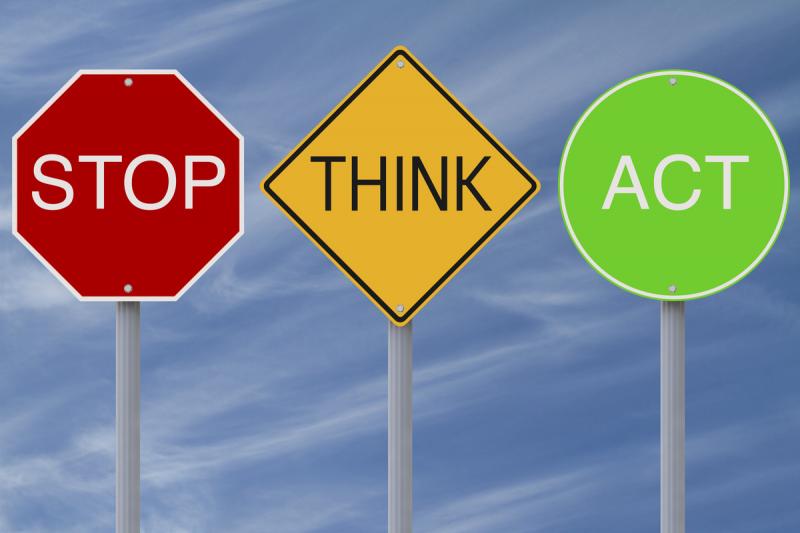
Having a "bias for action" means having the drive to actually solve a problem rather than just think about it. It is a sort of "positive impatience".
In physics as in life, you experience inertia and momentum. Everyone battles against an inner desire to do nothing at times; to stay in bed when we wake up, to stay awake when we should go to bed and so forth. It can take a lot of energy to overcome our inertia and keep going. It may help if you develop a sense of momentum, then once you start going, keep moving along. Motion is the best motivation. Of course, you can’t keep going 24/7 so you will need to ingrain this as a repeated daily habit.
If it is beneficial to get moving, why do we experience "inertia" in the first place? The reason is safety. Our brains have a kind of "default setting" that tells us it is best to look for risks and find reasons NOT to do things. However, many of the most important things in life come with an element of risk (or inconvenience), so we need to be able to override this default position. Minimize risk, yes, but not at the expense of avoiding living your life altogether!
In the military it is usually better to make some kind of decision and just do it, rather than allowing yourself to be paralysed by indecision and therefore vulnerable to attack. Brian Tracy describes it this way: "You focus on specific steps you can take immediately. You concentrate on the things you can do right now to get the results you want and achieve the goals you desire". Breaking big tasks down to "baby steps" helps us get things done, because we can focus on one step at a time without being overwhelmed.
It is important to focus on the most important things, because less important things are always there to compete for our attention. Also important is being able to visualise or imagine your goal, or at least the next step towards it. If your goal is to get a car, having a clear picture of how much easier your life will be once you own a car, will help you. If your goal is to learn ballroom dancing, imagining all the great friends you are going to meet on the dance floor will help you get there.
Whatever it is you do, if you make it a habit, you will find it hard to stop!
By Warren Heggarty, Panorama Magazine


